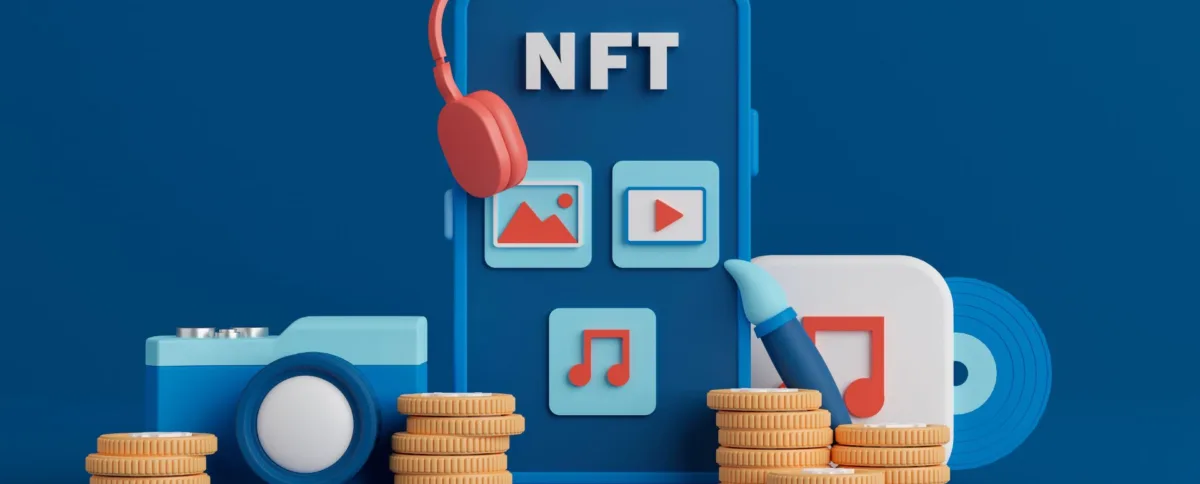
NFTs: Redefining Ownership in the Digital Era
In the rapidly evolving landscape of digital assets, Non-Fungible Tokens (NFTs) have emerged as a transformative force, challenging conventional notions of ownership and paving the way for a new era in the digital realm. Let’s explore how NFTs are reshaping the concept of ownership and its implications.
1. Unique Digital Assets: From Tangible to Digital Ownership
- Distinctiveness of NFTs: Understanding NFTs as unique digital tokens that represent ownership or proof of authenticity for digital assets.
- Immutable Ownership Records: Utilizing blockchain technology to create unalterable records of ownership, offering transparency and provenance.
- Beyond Replication: Unlike fungible assets, NFTs cannot be replicated or exchanged on a one-to-one basis, emphasizing their uniqueness.
2. Digital Collectibles and Art: Owning Digital Creativity
- Digital Art Revolution: NFTs enabling ownership of digital artworks, offering artists new monetization avenues and preserving digital scarcity.
- Collectibles in the Metaverse: Ownership of virtual real estate, avatars, and in-game items, shaping the economy of virtual worlds.
- Authenticity and Value: NFTs providing a verifiable proof of authenticity and rarity, attributing value to digital creations.
3. Decentralized Finance (DeFi): Ownership and Financial Instruments
- Tokenizing Real Assets: Utilizing NFTs to represent ownership of real-world assets like real estate, art, and intellectual property.
- Fractional Ownership: Breaking down high-value assets into tradable NFTs, allowing fractional ownership and investment opportunities.
- Liquidity and Interoperability: Unlocking liquidity and enabling cross-platform trading of digital assets through NFTs.
4. Intellectual Property and Royalties: Empowering Creators
- Direct-to-Consumer Engagement: NFTs facilitating direct engagement between creators and consumers, bypassing intermediaries.
- Royalties and Resale Rights: Smart contracts embedded in NFTs allowing automatic royalty payments to creators on secondary sales.
- Monetizing Digital IP: Offering new revenue streams for digital content creators and ensuring fair compensation for their work.
5. Challenges and Considerations: Addressing Complexities
- Environmental Concerns: Evaluating the environmental impact of blockchain networks powering NFTs and seeking sustainable solutions.
- Legal and Regulatory Frameworks: Navigating legal complexities surrounding digital ownership rights, copyrights, and liabilities.
- Market Volatility and Speculation: Analyzing the speculative nature of the NFT market and its potential impact on valuations.
5. Challenges and Considerations: Addressing Complexities
- Environmental Concerns: Evaluating the environmental impact of blockchain networks powering NFTs and seeking sustainable solutions.
- Legal and Regulatory Frameworks: Navigating legal complexities surrounding digital ownership rights, copyrights, and liabilities.
- Market Volatility and Speculation: Analyzing the speculative nature of the NFT market and its potential impact on valuations.
Conclusion: Embracing a New Era of Ownership
NFTs signify a groundbreaking shift in the way we perceive, own, and transact digital assets. As we navigate this transformative landscape, the democratization of ownership, empowerment of creators, and innovation in digital finance are at the forefront. While challenges exist, the potential for NFTs to redefine ownership across industries is undeniable, marking a pivotal moment in the evolution of the digital economy.

